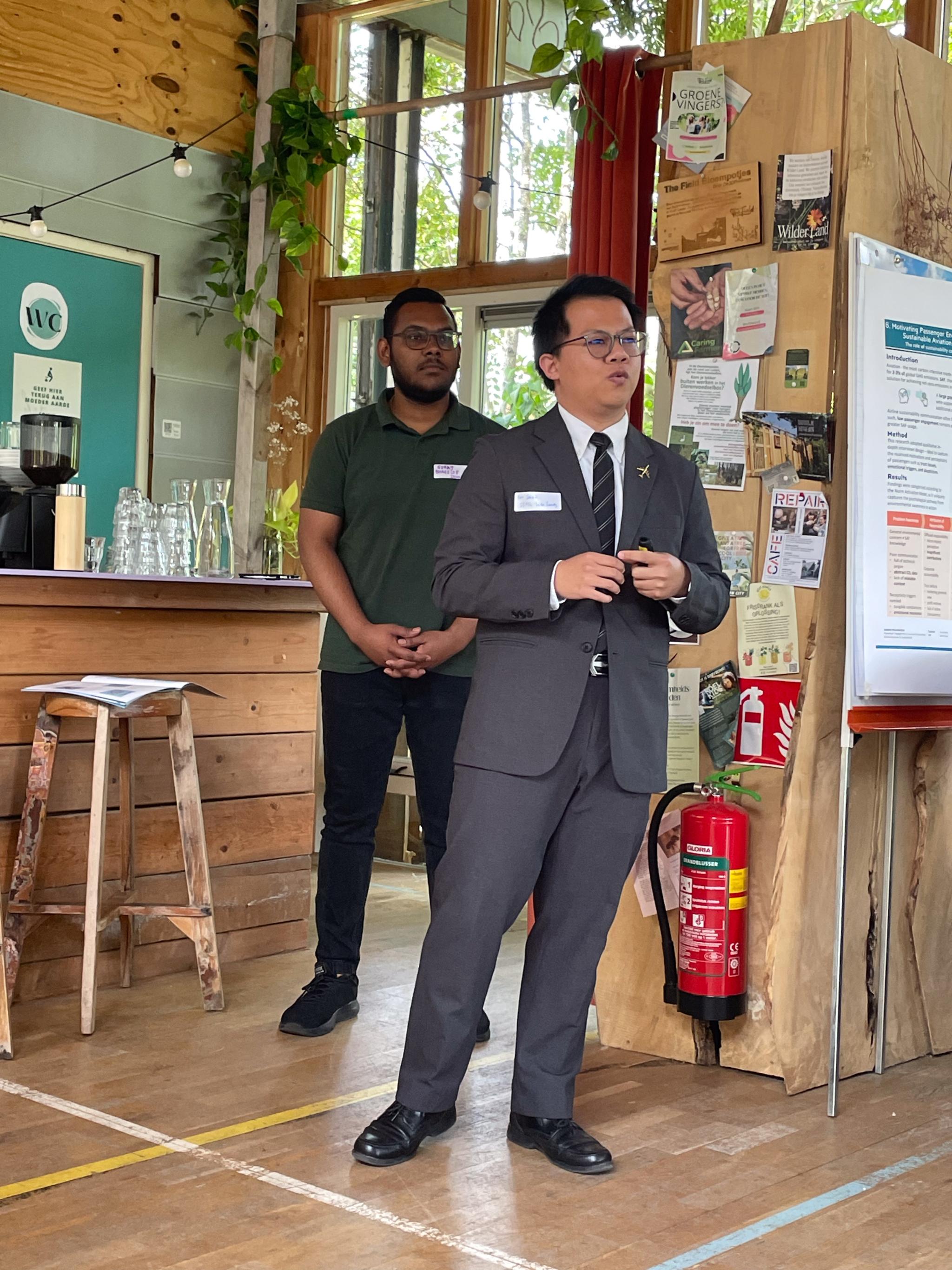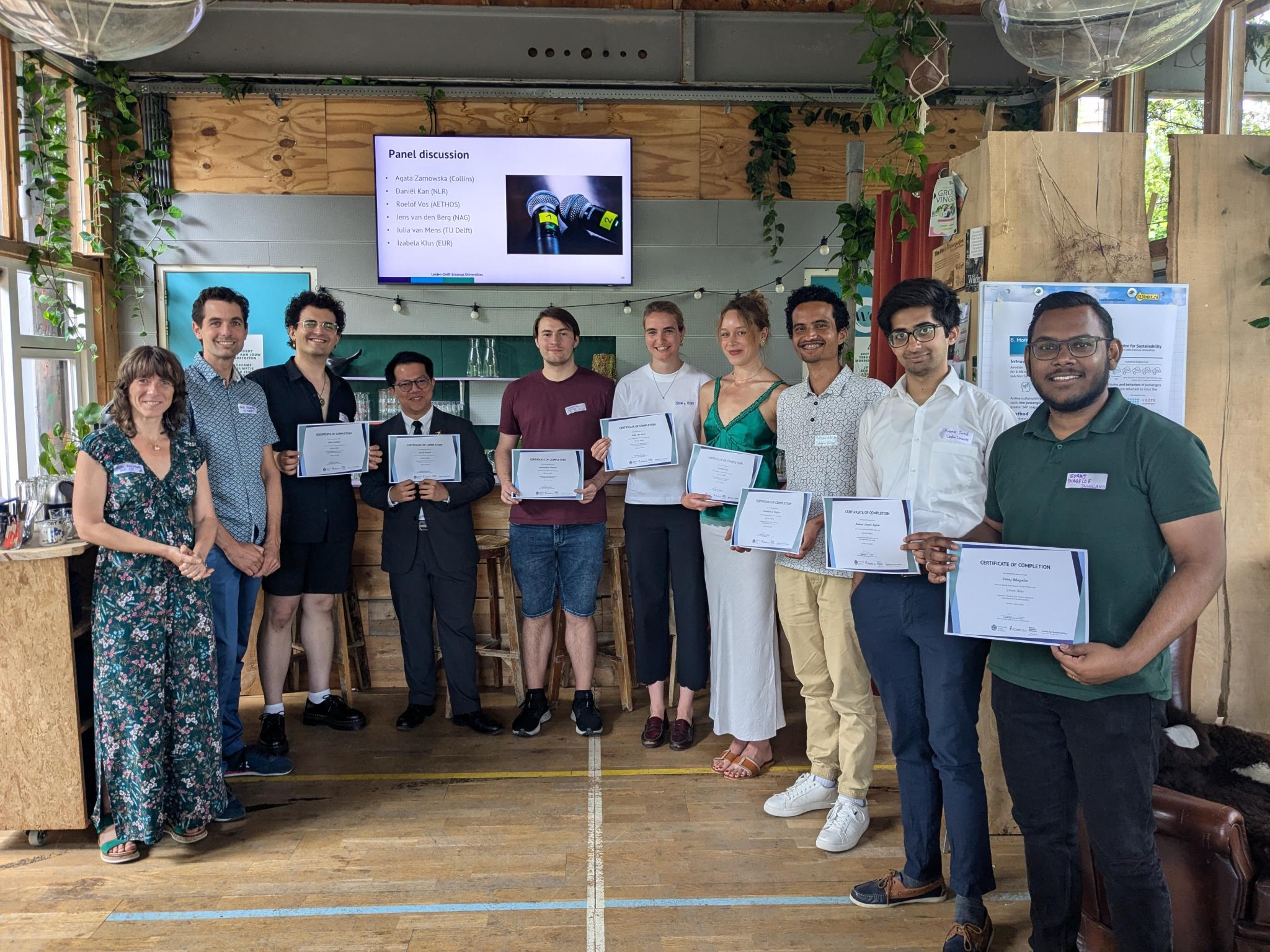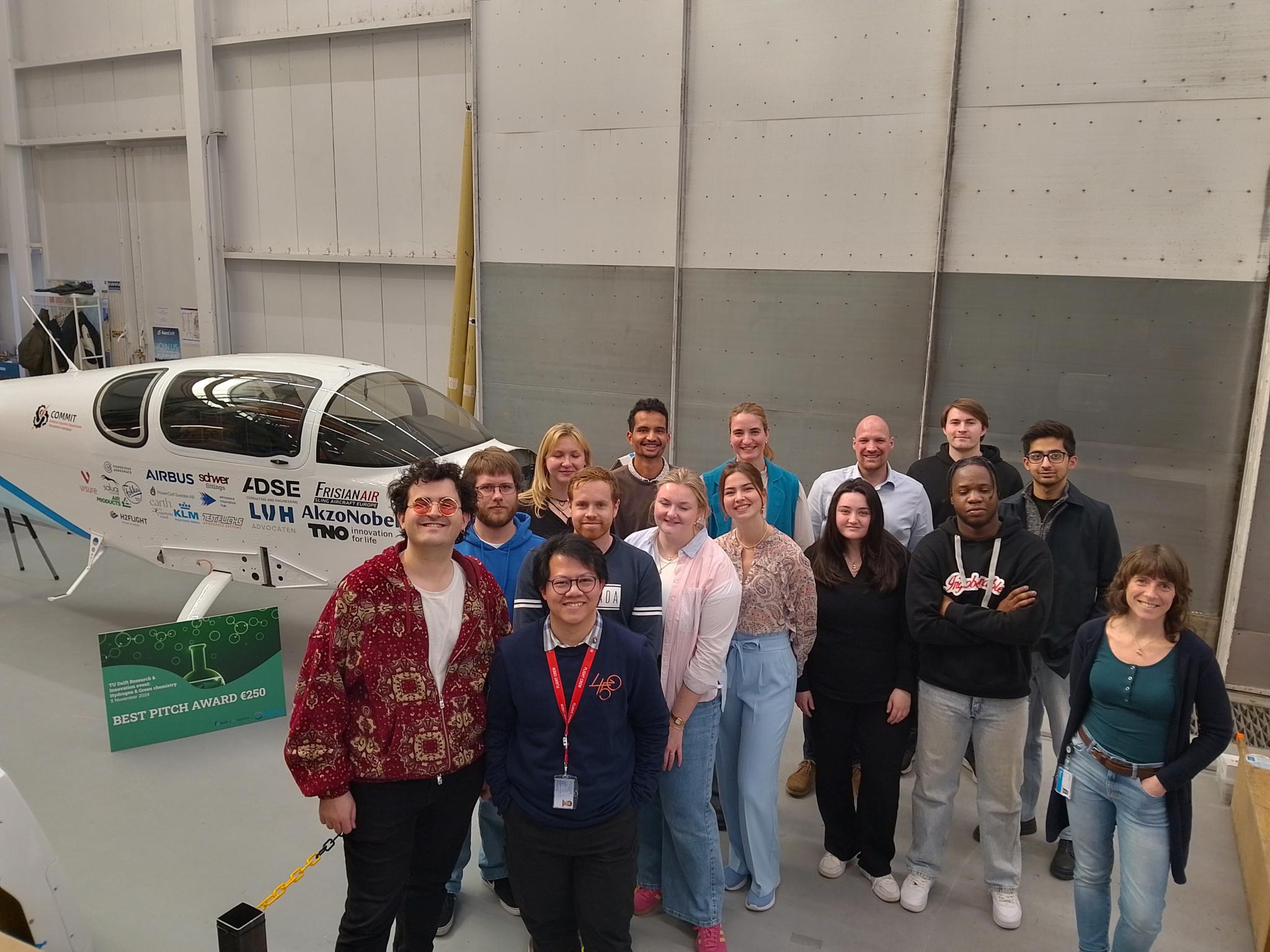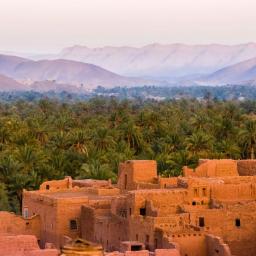As the aviation industry faces mounting pressure to become more sustainable, critical and interdisciplinary research is more essential than ever. We spoke to Kevin Setiadi, a master's student in Air and Space Law, who participated in the LDE Green Skies Thesis Lab 2024 – 2025—an interdisciplinary initiative connecting students from TU Delft, Erasmus University Rotterdam and Leiden University. As part of this lab, Kevin explored how aircraft manufacturers may (consciously or not) engage in greenwashing. His legal research aims to support a future in which environmental claims in aviation are both credible and enforceable.
An International Journey Through Aviation and Sustainability

In August 2024, Kevin moved from Indonesia to the Netherlands to pursue his master's in Air and Space Law at Leiden University. When one of his professors mentioned the Green Skies Thesis Lab, a collaboration between the three universities, he immediately saw the potential. With a background in climate policy and aviation, the lab aligned perfectly with his interests.
He explains that the aviation sector is notoriously difficult to decarbonise due to its reliance on combustion engines, and that the lab brings together students from different disciplines to explore solutions. Kevin notes that his past work in climate policy already touched on aviation, which made the Green Skies Thesis Lab a natural extension of his academic and professional interests.
Researching greenwashing in aviation
Kevin's thesis focuses on the growing issue of greenwashing: when companies make environmental claims that turn out to be misleading. His legal research investigates how aircraft manufacturers can be held accountable for such claims, especially as the EU develops a new Green Claims Directive.
One of the biggest challenges is distinguishing genuine sustainability efforts from superficial marketing. Legal clarity is essential if we want to hold companies accountable.’
He illustrates this with an example: ‘Take recycled aircraft materials. If they cannot actually be reused due to degraded quality, but companies still claim circularity, then that’s misleading.’
Recent court cases, such as the one against KLM, and findings from legal scholars have highlighted how widespread greenwashing has become in the aviation sector. Kevin aims to offer legal recommendations: Should regulators intervene more strictly? Are new certifications needed? And how can we ensure sustainability does not become a marketing gimmick?
Working in an interdisciplinary environment
While each student wrote an individual thesis, the Green Skies Thesis Lab also required joint work. Kevin and nine other students presented collective findings to key stakeholders. This process involved collaborating across disciplinary lines.
He describes the challenge of bridging different academic worlds: technical students focused on engineering solutions, while he approached issues from a legal and policy perspective.
Sometimes we didn’t understand each other immediately. But over time, we developed a shared perspective, even when coming from different academic backgrounds.’

A flexible and accessible Programme

The lab combines site visits, guest lectures, and biweekly meetings, often hosted across the three LDE cities. Kevin appreciated the hybrid format, which made it possible to attend both his regular courses and the lab sessions.
Often I would jump between classes in Leiden and lab meetings in Delft, or just join online if travel wasn’t feasible,’ he recalls. The coordinators were understanding: ‘They made it clear that this programme was meant to help us learn, not to add stress.’
What's next?
After graduating, Kevin hopes to remain in Europe and work in the aviation or sustainability sector.
My parents always told me: keep your eyes on the future, but take it one step at a time,’ he says. ‘Right now, my focus is to finish my thesis. After that, I’ll see what comes next.’

